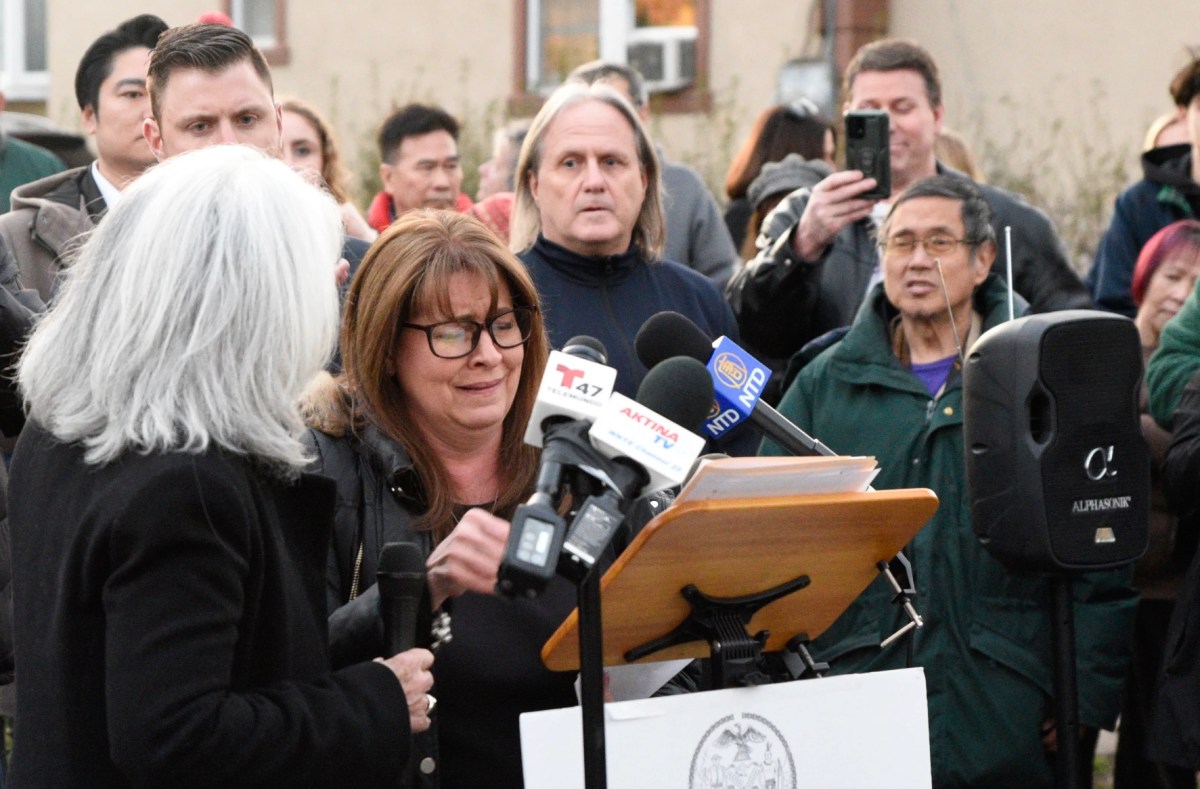SAN FRANCISCO – Two couples fatally shot while camping in different countries more than 30 years apart may have been victims of the same man: a drifter who authorities say was a religious zealot and disapproved of relationships between unmarried couples.
Joseph Henry Burgess, who died in a shootout with New Mexico sheriff’s deputies last week, had been wanted in Canada as a suspect in the murders of two university students who were fatally shot on a Vancouver Island beach June 21, 1972.
Investigators in Sonoma County, Calif., also wanted to talk to him. The fatal shootings of two camp counsellors whose bodies were found on a Jenner beach Aug. 18, 2004, bore a striking resemblance to the crime up north.
No one knew where Burgess was until his death last week in a shootout that also claimed the life of a Sandoval County sheriff’s deputy, authorities said.
“I think a lot of people assumed he was dead,” said Capt. Matt McCaffrey of the Sonoma County Sheriff’s Department.
Authorities now believe he’s been in New Mexico for the past decade, burglarizing cabins in New Mexico’s Jemez Mountains, where he was nicknamed the “Cookie Bandit” for allegedly stealing food, boots and other goods.
Deputies conducting a stakeout last Thursday in hopes of catching the Cookie Bandit were confronted by Burgess, prompting a gunbattle that left the suspect and Sgt. Joe Harris dead.
Investigators in Canada and California now are looking to New Mexico for information that could tie Burgess to their cold cases.
Lt. Eric Garcia, spokesman for New Mexico state police, said other law enforcement agencies in the U.S. also have contacted them about cold cases that could be linked to Burgess. Garcia said he could not give specifics about the cases.
Little is known about Burgess, but authorities say the New Jersey native moved in the 1960s to Canada to avoid the draft. During his time there, he lived in a religious commune and called himself Job, in reference to the biblical figure, said Dan Creally, a retired Royal Canadian Mounted Police officer who helped investigate the 1972 slayings.
Ann Durrant, 20, and Lief Karlsson, 21, were shot multiple times in the head at point blank range in their sleeping bag on Vancouver Island, according to Canadian police.
Creally said a woman on the beach told authorities that she had seen Burgess cleaning a .22 calibre rifle – the same type of weapon used in the killings – and said Burgess had told her he disapproved of Durrant and Karlsson’s relationship because they were unmarried.
A police dog discovered Burgess’ belongings, including his identification card and passages from the Bible he had written out, ripped up and discarded near the scene of the murders, Creally said. His fingerprint was also at the scene.
Canadian authorities are continuing their investigation into Burgess before closing the case on Durrant and Karlsson’s deaths, said Darren Lagan, a spokesman for the Vancouver Island RCMP.
Similarities between that case and the killings of Jason Allen, 26, and his fiancee Lindsay Cutshall, 22, on a Sonoma County beach more than three decades later led authorities to consider Burgess a person of interest in their deaths, McCaffrey said.
Allen, of Zeeland, Mich., and Cutshall of Fresno, Ohio, were working at a Christian camp in El Dorado County when their bodies were found in Jenner.
Both couples were shot in the head.
Both couples were camping on isolated beaches.
Both couples were unwed, which apparently offended Burgess’ beliefs.
Evidence linking Burgess to the Jenner slayings, however, is considerably thinner.
The weapon used in the killings – a .45 calibre rifle – was never recovered. In fact, sheriff’s deputies were never even able to place Burgess in Northern California, McCaffrey said.
Although DNA was recovered from the scene, the beach was public, so it could belong to anybody, he added.
“We don’t have a suspect to interview, and this guy kind of kept off the grid,” McCaffrey said. “We might just end up with, ‘We just don’t know for sure.’ “
















